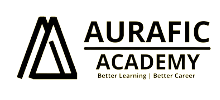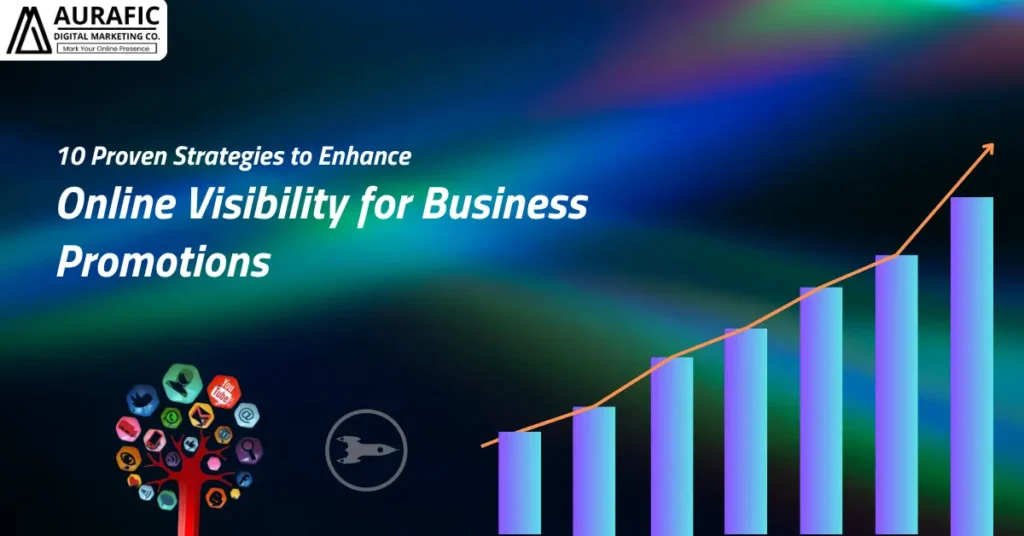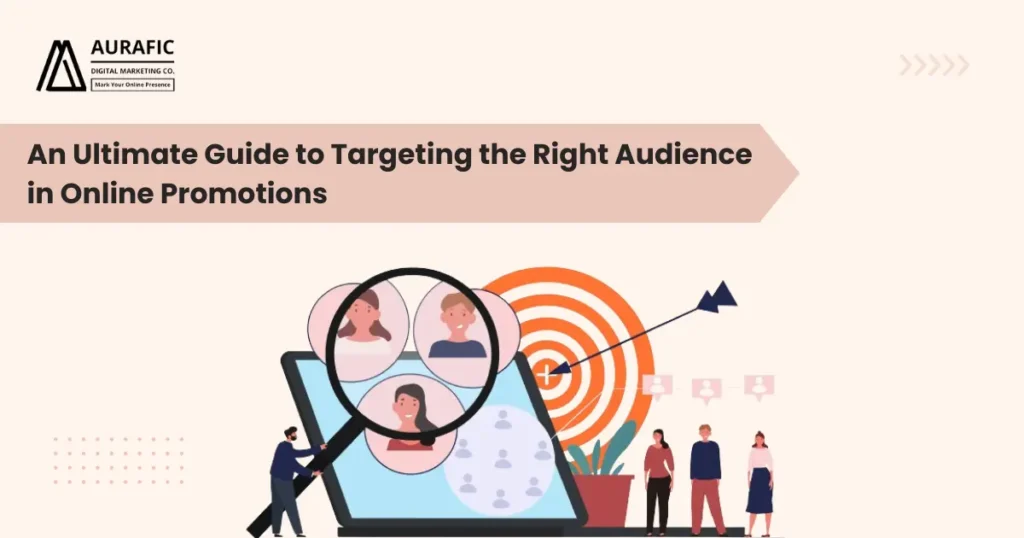In the dynamic and ever-evolving landscape of the digital world, the importance of a robust online presence cannot be overstated. As we are going to venture into 2024, businesses find themselves navigating a competitive environment where standing out amidst the digital noise is imperative for success.
In this context, Search Engine Optimization (SEO) emerges not only as a powerful tool but as an essential strategic cornerstone for businesses aiming to thrive in the online landscape. As consumers increasingly turn to search engines to discover, evaluate, and engage with products and services, understanding the significance of SEO becomes pivotal.
What is an SEO course and how is it helpful?
The SEO course is a comprehensive training program designed to teach individuals or professionals the principles, strategies, and techniques involved in optimising websites for better visibility on search engines.
The course covers a wide range of topics, from the basics of understanding how search engines work to advanced strategies for improving a website’s rankings in search results.
A SEO course offered by Aurafic Academy is designed very carefully under the guidance of industry experts, marketing professionals and academic experts. Under the training program, they cover all the important topics that any professional may need to know from a SEO point of view. It has been designed to fulfill the huge demand for SEO professionals by the industry, and the curriculum has been designed in line with the skills that companies seek in their candidates while conducting the selection process.
Embarking on a SEO course is crucial, as it provides several career opportunities for everyone to take advantage of. Whether you’re a beginner seeking foundational knowledge or an experienced professional looking to refine your skills, this course will help you master SEO techniques and excel in the most coveted career option.
Introduction to SEO
SEO, or Search Engine Optimisation, is a digital marketing process focused on optimising various elements of a website to improve its visibility in search engine results pages (SERPs).
The primary goal of SEO is to enhance a website’s organic (non-paid) traffic by optimising its content, structure, and other elements in a way that aligns with the algorithms used by search engines.
This article delves into the multifaceted importance of SEO for individuals and businesses in 2023, exploring how it influences visibility of brands, user experience while accessing the online content, competitive advantage, and ultimately, provides numerous job opportunities for anyone to shape a career in the SEO industry.
Join this course to learn and practice the advanced level of SEO and understand how SEO plays a crucial role in shaping the successful career and boosting the business growth in the digital age.
Major topics that are covered in SEO course
The SEO Course involves various topics that collectively contribute to improving a website’s visibility in search engine results. Here’s a brief overview of key SEO elements that our students learn and practice at Aurafic Academy:
- How do search engines work?
- Importance of Search Engines
- Ranking Algorithm Updates
- Keyword Research
- Content Planning & Writing
- On-Page Optimization
- Off-Page Optimization
- Technical SEO
- Local SEO
- User Experience (UX)
- Content Quality and Relevance
- Analytics and Monitoring
Before we delve into discussing and understanding the important elements of SEO, let’s first look at a list of some of the popular search engines and their market share.
Top five search engines and their market share
As per the research conducted by Statcounter Global Stats, the market share of search engines is very skewed and dominated by only one player, i.e., Google. Here is a list of some of the popular search engines that are widely used and recognised by people.
- Google: Google is the dominant search engine globally and has consistently held the largest market share. The global market share of Google is over 91.54%.
- Bing: Bing is Microsoft’s search engine and has gained popularity, especially in the United States and some other regions. The global market share of Bing is around 3.19%.
- Yandex: Yandex is a prominent search engine in Russia and some other Russian-speaking countries. Its market share across the globe is over 1.78%.
- Yahoo: Yahoo’s search engine is an alliance search engine to Bing as part of the Microsoft Search Alliance. The market share of Yahoo around the world is around 1.23%.
- Baidu: Baidu is the leading search engine in China, where Google is not as widely used due to government restrictions. It holds a marginal market share of over 0.93% across the globe.
It’s essential to note that market share percentages vary by region, and these numbers are approximate. Google’s dominance is especially pronounced in many Western countries, while search engines like Baidu hold a significant share in China.
Additionally, the landscape is dynamic, and changes in market share occur due to various factors, including user preferences, technological advancements, and strategic initiatives by search engine providers.
Above mentioned list of search engines includes only the major players or we can say the top 5 search engines. Perhaps this is not the complete list of search engines as there are many other search engines that exist but we have not included. For the complete list of search engines, visit here: List of search engines for digital marketing.
Now we will look at the various key elements of SEO in detail and try to understand their importance in the context of SEO and, ultimately, the Google ranking to gain attention from people browsing for the particular product or services.
Keyword Research in SEO
In the world of search engine optimization (SEO), keywords play a crucial role in determining the visibility and ranking of a website. Understanding the different types of keywords is essential for effective SEO strategy implementation. It allows businesses to optimize their website content with relevant terms that align with their target audience’s search intent.
Generally, there are short tail keywords and long tail keywords that hold significant importance. By incorporating both types of keywords strategically throughout their website, businesses can improve their visibility online and drive organic traffic to their site.
On-Page SEO Optimisation
On-page SEO optimisation is a crucial aspect of any successful SEO marketing. Generally it refers to the optimisation efforts made directly on the web pages of a website to improve its search engine rankings and visibility.
It involves optimising various elements within the website’s content and HTML source code. Crafting SEO-friendly content, optimising meta tags and descriptions, and paying attention to header tags and URL structure are key elements of on-page SEO.
The practice of On-page SEO is essential for providing search engines with clear signals about the content and relevance of a page.
Off-Page SEO Optimization
Off-page SEO techniques are equally important in improving the website’s visibility and driving organic traffic as On-page SEO. While on-page optimization focuses on optimizing content within the website, off-page SEO strategies are aimed at enhancing the online brand presence beyond the website.
If we go a little deeper in the term to understand then we can say that off-page SEO refers to the optimization activities conducted outside of the website to improve its visibility and credibility on the internet.
Unlike on-page SEO, which focuses on optimizing elements such as meta tags, images and media files, and content within the website, off-page SEO involves actions taken on other websites, social media platforms, and online communities to enhance the site’s reputation, authority, and relevance in search engine results.
Technical SEO Optimisation
Technical SEO is an advanced concept of SEO that majorly focuses on the technical aspects of a website. The key aspects that are involved in technical SEO include
- Site structure & navigation,
- Mobile optimisation,
- Page speed optimisation
One of the fundamental elements of technical SEO is ensuring that the site structure and navigation are search engine-friendly. This involves organising content in a logical hierarchy, using descriptive URLs, and implementing proper internal linking. By doing so, search engines find it easy to crawl and index the website, and chances of ranking higher in search results increase.
Another aspect is mobile optimisation which has become increasingly important in recent years due to the rise of mobile usage. With more people accessing the internet through their smartphones and tablets, search engines now prioritise mobile-friendly websites in their rankings.
Similarly, page speed optimisation is also one factor in technical SEO that is relevant for maintaining a positive user experience and improving SEO performance. Slow-loading pages not only frustrate visitors but also negatively impact the search engine rankings. By implementing strategies such as optimizing images, minifying code, leveraging browser caching, and utilizing content delivery networks (CDNs), one can significantly improve the web page load times and indirectly increase the chances of higher consideration of content by Google.
Local SEO Optimization
Local SEO (Local Search Engine Optimisation) has become essential for businesses looking to attract customers in their specific geographic area. With the increasing use of smartphones and voice search, consumers are relying more on local searches to find products and services near them.
Local SEO is the process of improving a business’s visibility in local search results. It’s focused on helping businesses appear in search engine listings when users search for products or services in a specific geographic area.
This part of SEO is particularly important for businesses that serve a local community, have a physical location, or provide services in specific regions.
User Experience (UX)
User Experience (UX) in the context of SEO refers to the overall experience that visitors have when interacting with a website. It encompasses various aspects of website design, functionality, and content presentation to ensure that users have a positive, seamless, and satisfying experience.
Google and other search engines prioritise user experience as a crucial factor in determining search rankings. Search engine algorithms aim to reward websites that prioritise user experience, as satisfied users are more likely to engage with content, stay on the site longer, and complete desired actions.
By focusing on UX, websites can not only improve their search rankings but also create a positive impression on visitors, leading to increased customer satisfaction and loyalty.
Content Quality and Relevance
There is a proverb prevalent in the industry that the “content is the king”. You need to understand that content is a prerequisite element for any type of online promotions.
When you decide to take your business online and strive to make people aware about it, then the content is your major weapon to ring the bell.
People connect with emotions that the brand evokes in their mind with its eye-catching storyline. This is where you put out the carefully planned and well-written content that catches the eye ball. When people read the content by spending some time then it draws the attention of web crawlers. And this way, search engines find the popular content and index it in the priority list.
The content quality and relevance are integral to SEO success. By focusing on creating high-quality, relevant content that meets the needs of your audience, you not only enhance the website’s visibility in search engine results but also establish trust and credibility with your users.
Regularly auditing and updating your content strategy based on evolving trends and user feedback are key aspects of maintaining SEO effectiveness.
SEO Analytics and Monitoring
SEO analytics and monitoring involve the systematic measurement, analysis, and tracking of various metrics to evaluate the performance and effectiveness of a website’s search engine optimisation efforts. These activities are crucial for understanding how well a website is performing in search engine results, identifying areas for improvement, and making data-driven decisions to enhance overall SEO strategy.
This is an iterative process. Regularly reviewing and analysing data, staying informed about industry trends, and adapting strategies accordingly are essential for maintaining and improving search engine visibility over time.
Conclusion
Successful SEO marketing involves a holistic approach, considering all the above mentioned aspects and factors. Regular updates and adaptations to search engine algorithms and industry trends are essential for maintaining and improving a website’s SEO performance.
The SEO marketing course by Aurafic Academy serves as a crucial gateway for you to enter into the world of digital marketing. This course navigates you through the multifaceted aspects of on-page and off-page optimisation, technical intricacies, and the dynamic landscape of online marketing, and helps you gain insights that are paramount for success in the online sphere.
Mastering the principles of SEO is akin to holding the keys to a digital kingdom. It’s not merely about climbing search rankings; it’s about strategically positioning businesses, amplifying their voices, and connecting with audiences on a global scale.
As technology evolves and search algorithms undergo continuous refinement, the knowledge gained from this course becomes a dynamic asset. It empowers you to adapt, thrive, and stay ahead in an ever-competitive online environment.
Remember, SEO is not just a skill; it’s a strategic learning for anyone seeking success in the digital age. If you or any one in your circle wants to learn SEO then consider booking a free demo of SEO course.
In the free demo class, you will get a 2 hour session where you can clarify your queries and directly interact with the trainer to understand about SEO in detail and its relevance from the viewpoint of career or business growth.
Learn more about SEO marketing course here. If not SEO, you may find the other digital marketing courses on our website.
To book a demo, you may directly contact us via whatsapp or Email us on edu@aurafic.org




